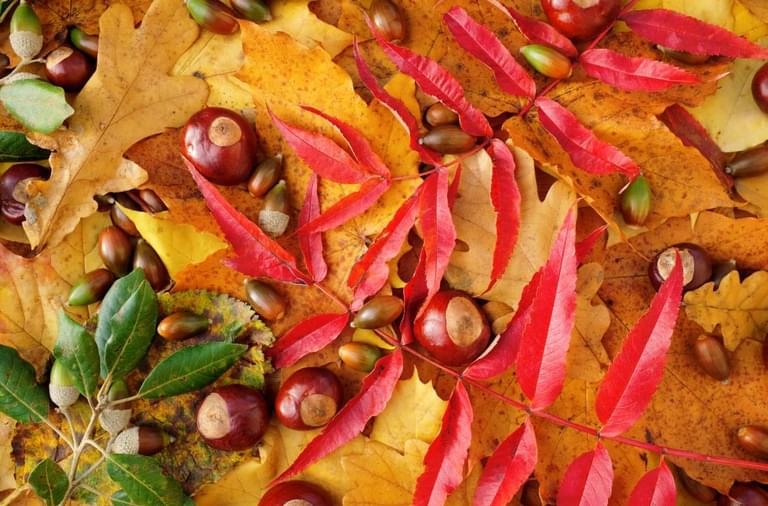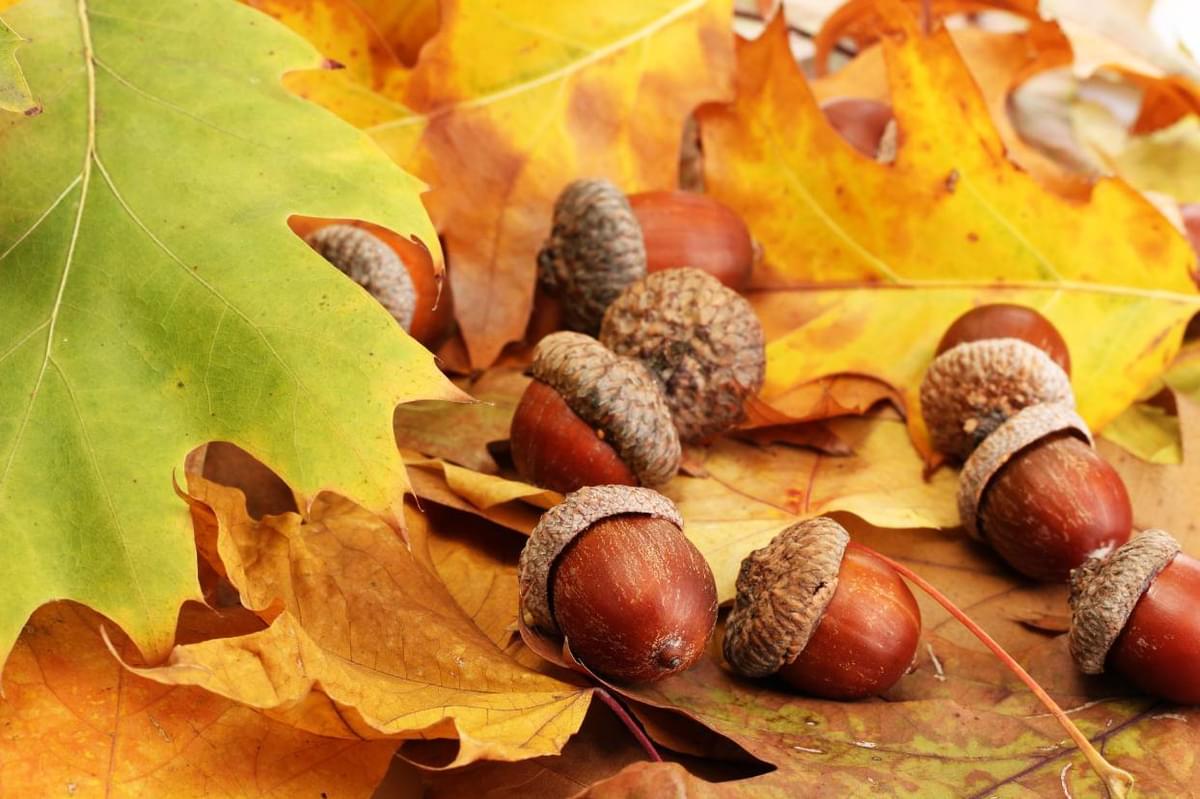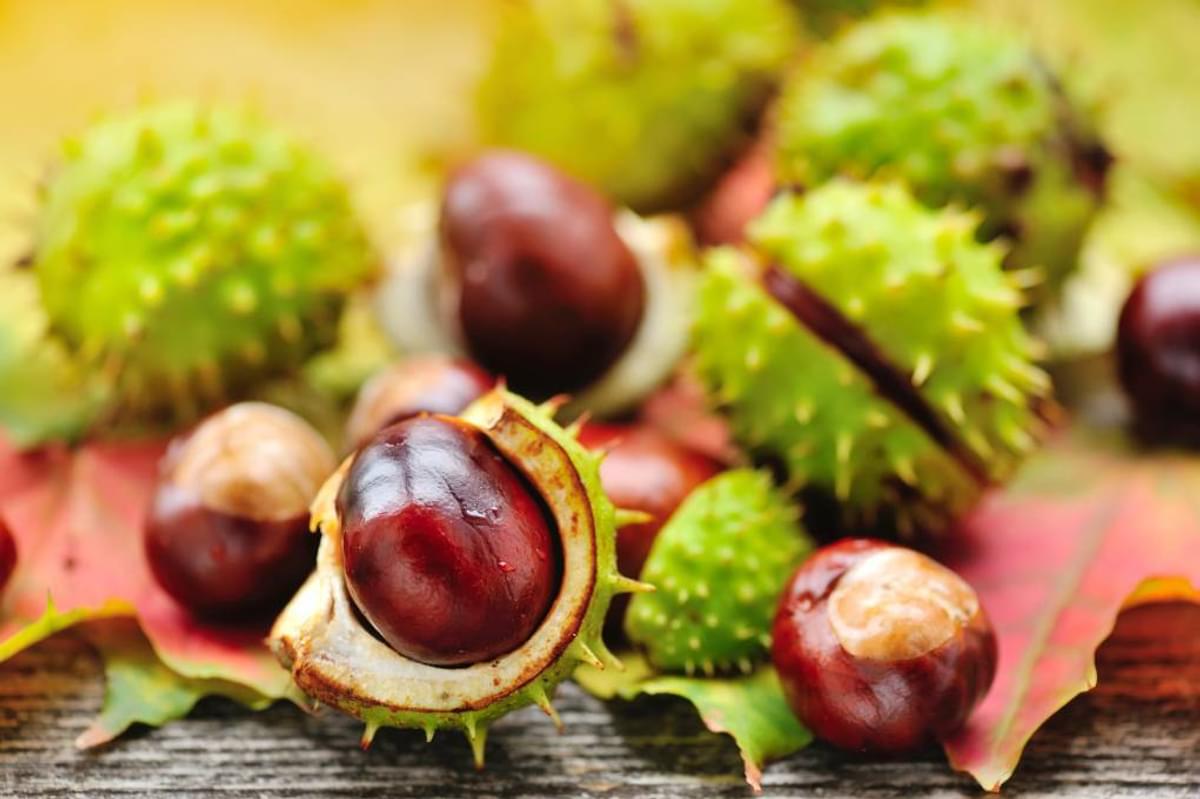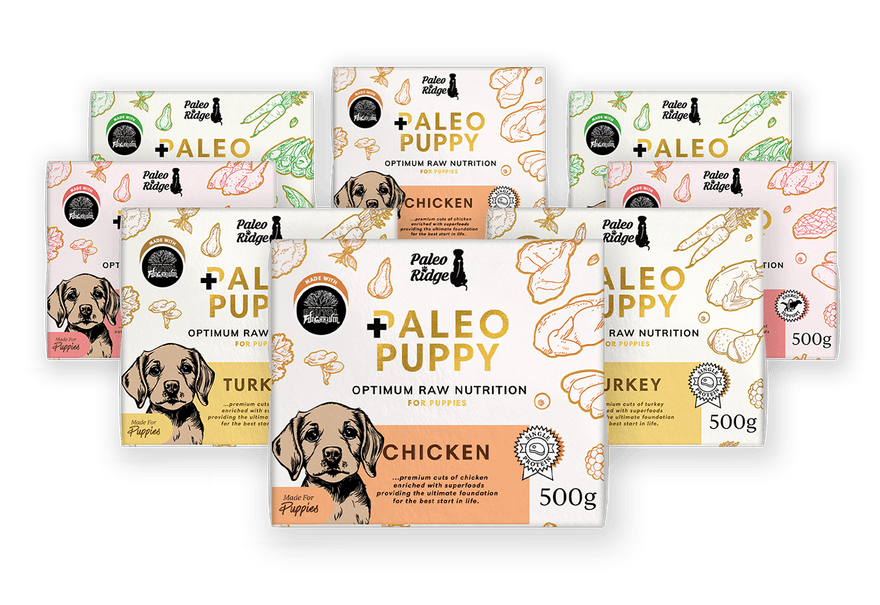Acorns are a fruit coated in a wood-like outer shell and found beneath oak trees. Around Autumn time the acorns are fully mature and fall from the trees, making them easily accessible to dogs. These may be especially appealing to young dogs and puppies.
There are many dangers of acorn ingestion which can vary from mild to acute.
The primary toxin in acorns is tannic acid, which can cause various health issues when consumed in large quantities. The most common issue seen when ingesting acorns is gastrointestinal problems, as tannic acid can irritate the dogs' digestive system.
It's worth noting that all parts of the oak tree are poisonous and have the potential to cause illness, this includes the leaves, bark and buds too! Below is an image of oak tree leaves to help you identify them when out for Autumn walkies!







